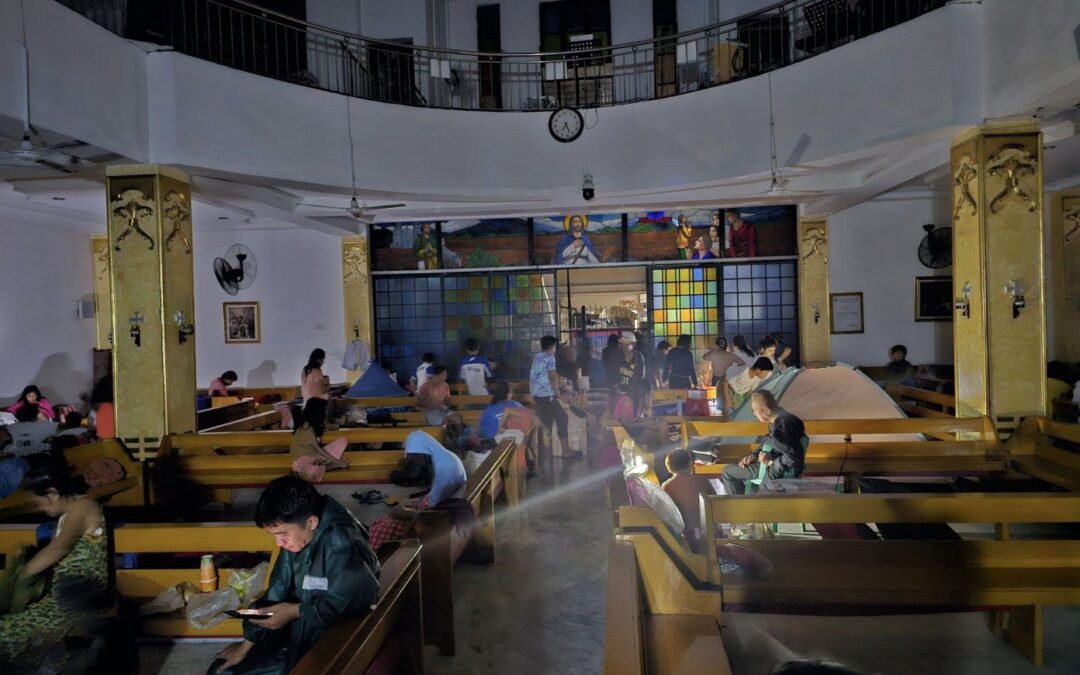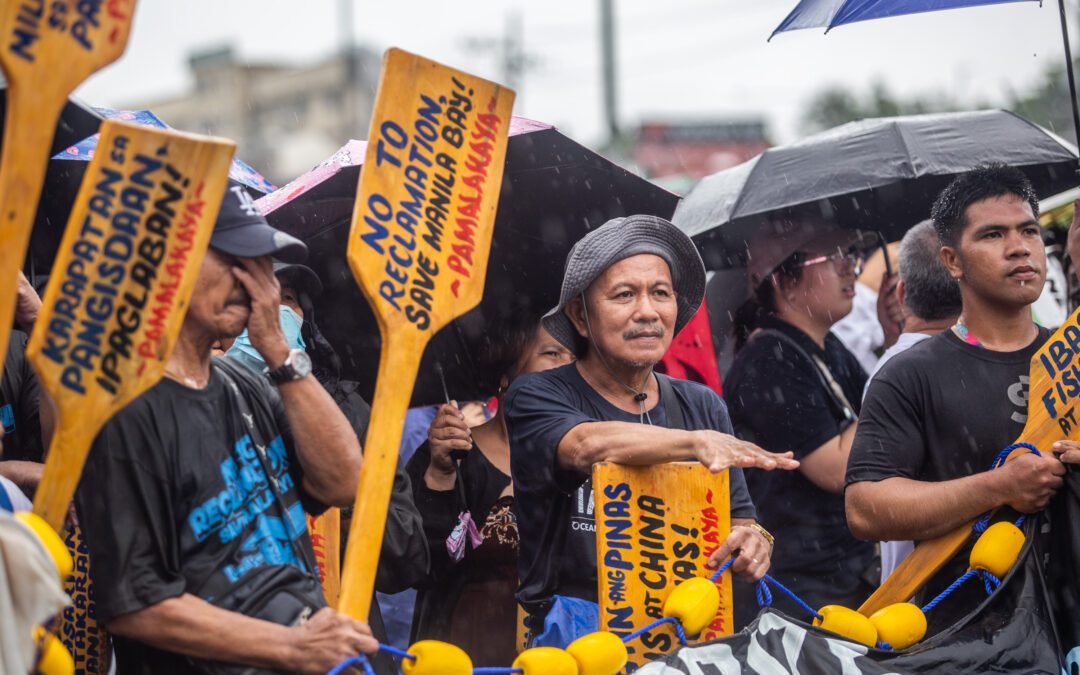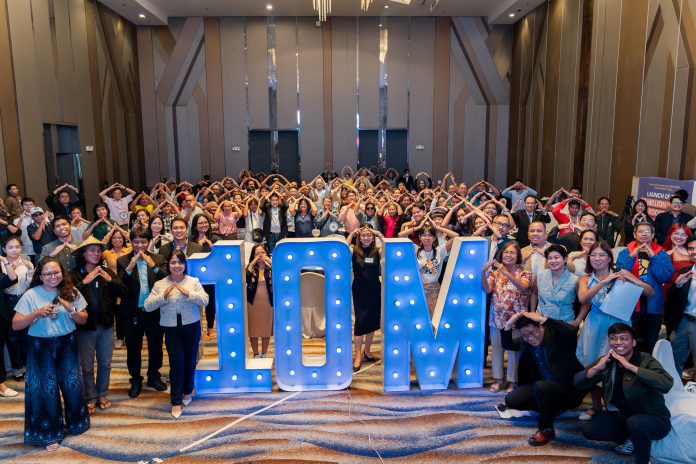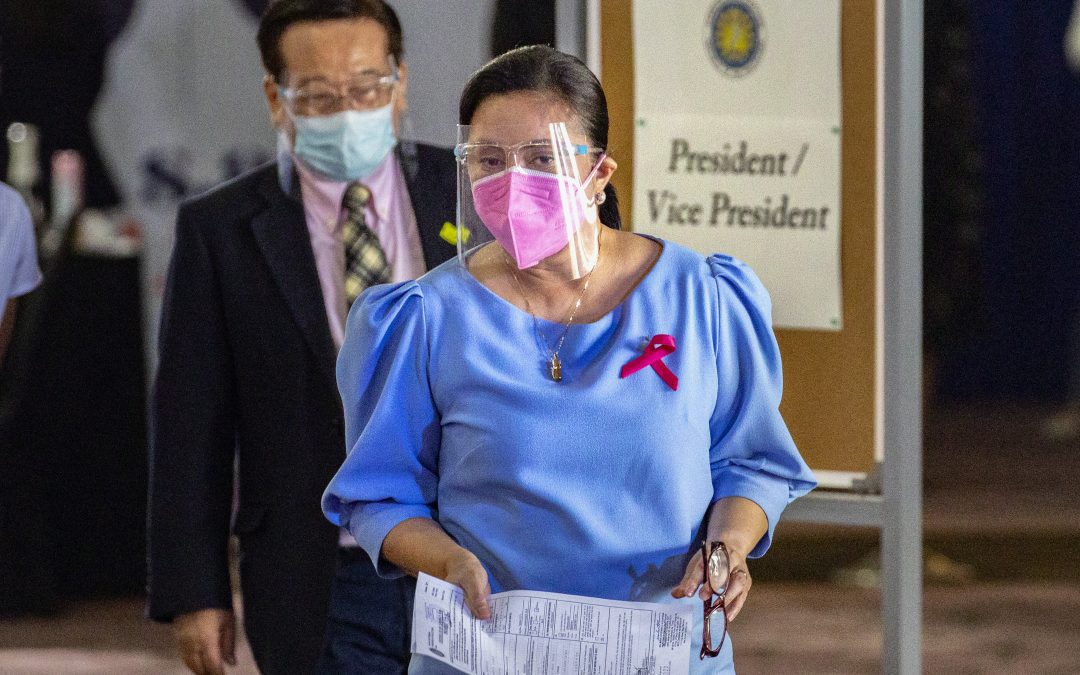The global divestment movement remains strong heading into the new year. As of this month, 1556 institutions and 58 thousand of individuals committed to divesting more than USD40 trillion worth of assets from fossil fuel-related operations. About 35% of these institutions are faith-based groups, including over 250 Catholic institutions, dioceses, churches, educational institutions, philanthropic foundations, and other non-government entities.
However, only two of these Catholic institutions are from the Philippines: Caritas Pilipinas and the Catholic Bishops Conference of the Philippines (CBCP). Despite the latter having published two pastoral letters recommending dioceses and churches in the country to “not allow the financial resources of our Catholic institutions to be invested in favor of coal-fired power plants, mining companies, and other destructive extractive projects”, this status has not changed in the past few years.
With the growing urgency of addressing the climate crisis, a global threat worsened by the excessive burning of fossil fuels such as coal, it is important that the Philippine Catholic community scales up its actions in avoiding financing environmentally-harmful activities. A recent publication may provide the key to finally making this happen.
Good measures
Last year, the Vatican’s Pontifical Academy of Social Sciences published the Mensuram Bonam (MB), a document that presents a set of principles and criteria for Catholic investors. It serves as the “starting point” for making sustainable and responsible investments, aligned with the Church’s teachings.
MB specifically calls for all investing Catholic entities to “adopt and apply faith-based criteria in the stewardship of their finances”. In an era when we are dealing with different crises, all of which can be traced in varying degrees to the lack of ethical considerations in decision-making, the Vatican emphasizes that those with financial responsibilities have the duty to align their investment strategies and decisions toward the common good.
Assessing any action purely through numbers and economic benefits leads to the harm and suffering of others. The act of investing should never be isolated from its ethical implications, given the intrinsic interconnectedness among human beings and with our environment. This is also indicative of the common risks we all face due to the threats surrounding us, from the climate crisis to the COVID-19 pandemic.
Instead, investors are called to account for several key principles prominent in Catholic doctrines in their financial decisions, such as human dignity, the common good, subsidiarity, inclusion of the most vulnerable, and integral ecology. These principles should be treated as an interlinked system whose moral bearings cannot be dissociated from one another.
Investors must avoid devising financial strategies focusing only on short-term gains and ignoring both sustainability and ethical accountability. Instead, they should develop and scale up investment-related practices grounded in ethical responsibility and other aspects characterizing the road to integral human development.
Faith-consistent blueprint
For years, faith-based individuals and groups engaged in finance have been seeking how or where exactly to place their assets, once they divest from corporations known to engage in environmentally-harmful activities.
Firstly, it must be recognized that there is no single exact approach to investing, as the structures, priorities, and choices for responsible investing will vary among nations. Many of these aspects are also evolving as a response to changing economic, social, and political views and circumstances. Yet it should not be an excuse for faith-based institutions to not even consider exploring alternative investment options that are aligned with Catholic doctrines.
MB features three important considerations for faith-based investors in the Philippines or elsewhere. First, Catholic investors should figure out how to leverage their ownership of shares in corporations to influence their policies regarding sustainable financing. They can do so through participating in the annual shareholders’ meetings, engaging in dialogues with company leaders to advocate for more responsible investments, or directly divesting their assets from said companies.
Second, they must also identify social objectives to be prioritized for finding suitable investment areas. Said objectives, such as poverty eradication or addressing food security, should guide their efforts for impact investing, ESG-based investing, or any other financial move that would aid in caring for our common home.
Third, these investors need to institute a screening process to identify which companies, funds, products, or investment areas must be excluded. Areas to be avoided involve those related to degrading the intrinsic dignity of human life, promoting destructive behaviors, hindering sustainability, and threatening environmental protection.
Based on these considerations, MB outlines a process for Catholic investors to conduct an honest examination of their priorities, strategies, and targets to ensure it is aligned with faith-consistent investing. This process starts by formulating a faith-based investment policy statement that identifies objectives, timelines, and potential risks for investments. These risks need to be revised to better reflect financial conditions and ethical expectations guiding the building of financial portfolios.
The next stage involves setting criteria and guidelines for determining values to reflect risk tolerance, assessing the performance of portfolios, and allowing investors to make more precise decisions regarding their assets. Monitoring the progress of investment portfolios is also vital for these entities to ensure that fiduciary duty, security and sustainability, and alignment with faith-based principles are fulfilled.
Ultimately, Mensuram Bonam is a timely call for Catholic investors to use their expertise, engagements, and ethical positions not primarily to achieve economic targets, but to help change the existing economic paradigm in aid of accelerating integral human development. In the Philippine context, it provides a blueprint to help achieve the commitment of the CBCP to fully withdraw their assets from banks without clear fossil fuel divestment commitments and policies by 2025.
John Leo is the Deputy Executive Director for Programs and Campaigns of Living Laudato Si’ Philippines and a member of the interim Secretariat of Aksyon Klima Pilipinas. He is a Filipino civil society delegate and speaker at COP27 in Sharm El Sheikh, Egypt, and a member of the Youth Advisory Group for Environmental and Climate Justice under the UNDP in Asia and the Pacific.






0 Comments